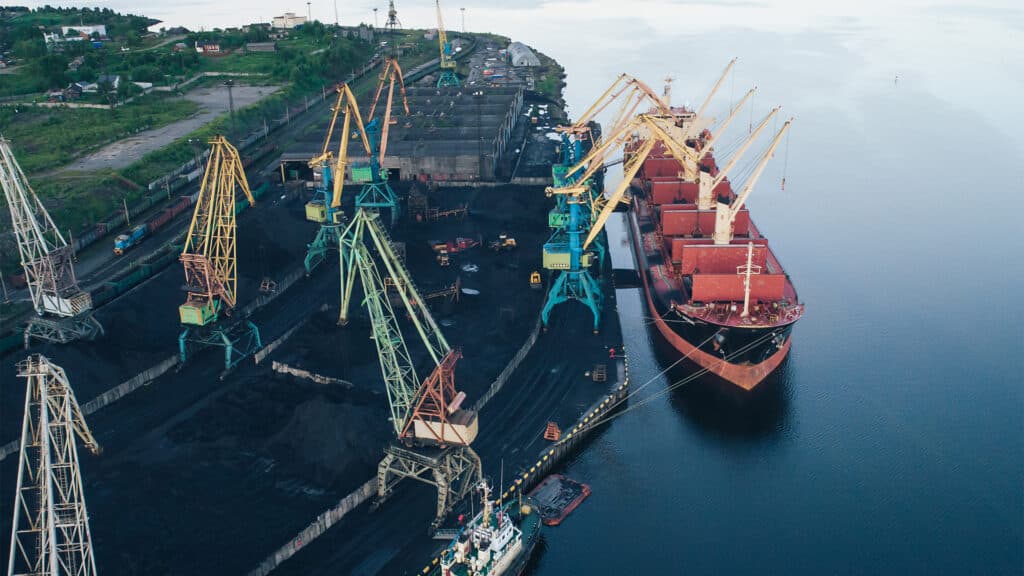
The European Union has created an exemption in its 18th sanctions package allowing Kazakh coal to transit through certain Russian ports, Kazakhstan’s Ministry of Trade and Integration announced.
According to the ministry, the exemption applies only to coal of Kazakh origin. Additionally, the cargo must be owned by entities not based in countries subject to EU sanctions. The Russian ports may serve only as transit hubs — for loading, unloading or dispatch — and not for the sale or production of goods on Russian territory.
The EU’s 16th sanctions package, implemented in February 2025, had previously banned all transactions with a number of Russian ports. This posed a significant risk to Kazakhstan’s coal exports to Europe, particularly because the Russian port of Ust-Luga has traditionally served as a key transit route for Kazakh coal shipments to EU countries.
Kazakhstan exported 4.4 million tons of coal to the EU in 2022, valued at $419.2 million, representing 45% of its total coal exports. In 2023, volumes rose to 6.1 million tons, though the total value fell to $382 million (54.3% of total coal exports). By 2024, exports dropped to 5.2 million tons worth $312.5 million (51.8%). Between January and May 2025, the country exported 1.6 million tons of coal to the EU, valued at $82.9 million, accounting for 38.5% of total exports in that period.
«Despite the temporary decline in indicators, the measures taken allow us to expect the restoration of Kazakh coal supplies to the EU, as well as greater sustainability in logistics routes,» the ministry said in a statement.
Maria Nikitina, founder of the N.trans Lab — a project focused on transport, logistics and supply chain management — recently said that Kazakhstan could boost coal exports to Europe due to extreme summer heat. Rising electricity demand has driven up thermal coal prices in the European market. However, she added that the longevity of this trend would depend on natural gas price movements and the volume of solid fuel reserves at European ports.
Kazakhstan is among the world’s 10 largest coal producers, with reserves totaling 33.4 billion tons. The country has maintained stable output since 2021, when production reached 112.1 million tons. It produced 113.7 million tons in 2022, followed by 112.7 million in 2023 and 112.6 million in 2024. Production in 2025 is expected to reach 113 million tons.

